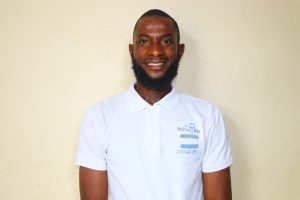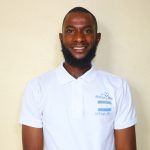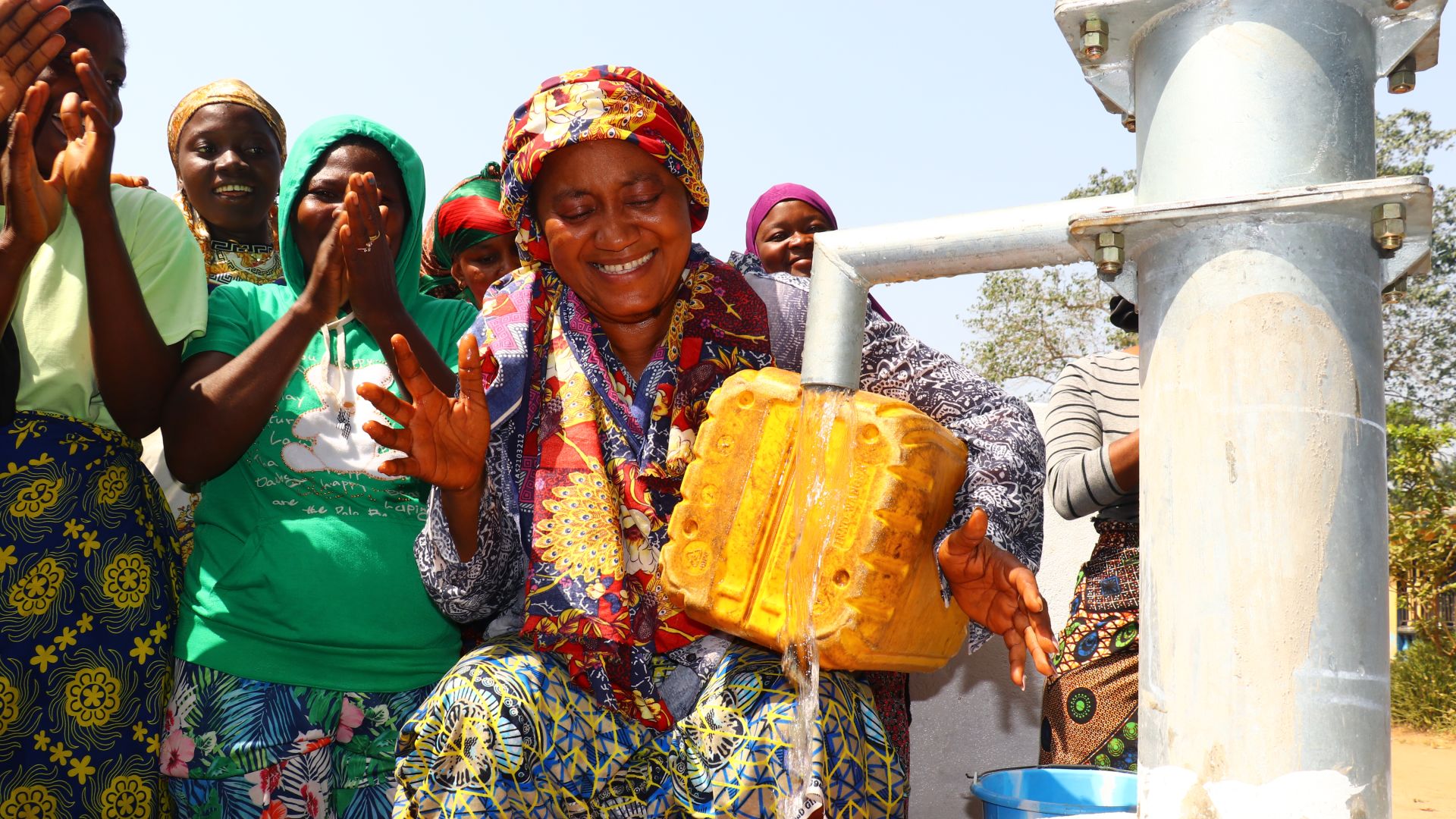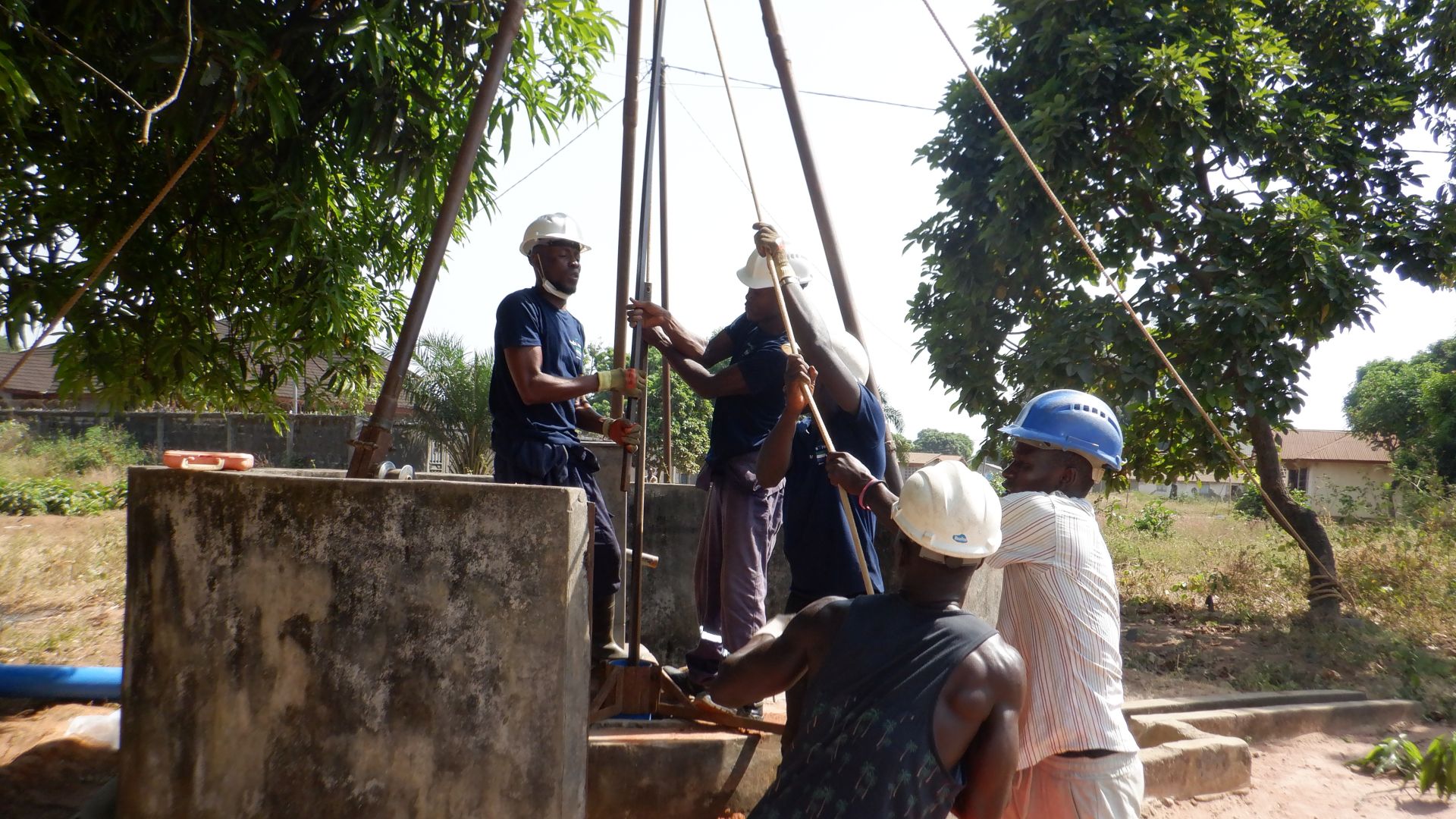The 206 members of the Royeama Community make daily sacrifices to collect just enough water. They have access to two wells, but both present more issues than solutions.
One well is located on a community member's compound, which often means that their gate is locked, leaving the community without access to water. The other well is also far away and its water is not suitable for consumption.
Field Officer Alie Kamara described the impact of the community's water crisis. "Both sources are located far away from the residents of this community, leading them to walk long distances to access the water sources. This might hurt their legs after making many trips per day also carrying water on the head pains their heads. Another thing affecting the water users is waiting at the water source to fetch water, which pains them. Also, placing their rubber buckets or jerrycans at the water sources causes their rubber buckets to go missing or stolen. This might cause fighting or quarreling."
Eighteen-year-old Zainab has big dreams for her future. She aspires to be a nurse and serve her community, creating a healthier environment for them. However, without access to clean water, her dreams seem increasingly out of reach.

Zainab carrying water from the far away well.
She must wake up early to fetch water before school, but collecting water takes up too much of her crucial time due to the long distance and long lines.
"Walking a long distance to access water takes me a long time. I must wake up early in the morning at 6:00 am and go to the water well to place my rubber buckets. I will wait until they open the well. Sometimes, I meet people [who have] already placed their rubber buckets, and I have to wait before I can fetch water. The other well is inside a fenced compound, and it [is] restricted to access. I must wait and knock at the gate before they [will] open it. Most often they will not open the gate for me to have access. It takes me [too] much time to fetch water before I can return home," Zainab shared.
The water crisis in her community inhibits Zainab's ability to pursue her goals. All her time spent collecting water is time not spent in the classroom.
"Fetching water impacts me at school. Sometimes, I [am] late going to school and even miss a whole day not going to school. As a result, I will miss lessons or a particular subject, which leads me to fail to promote [to] the next class," Zainab continued.
Finding enough water to meet her family's needs and plan for her future is a heavy burden.
"I felt hurt when I was sent to fetch water. The walking distance and carrying water on my head walking [a] long distance hurts my legs and head. [I] wake up early in the morning hours and go to the well to fetch water. This pains me all the time when I go fetch water."
But there is a solution on the horizon! A nearby protected dug well has collapsed and is not functioning. It can be converted to a borehole well that goes deep to access clean, reliable water, which would be a game-changer for Zainab and the rest of her community.

The community dug well that will be converted to a borehole.
"I plan to continue with my education to become a nurse, and I will save the lives of the people. All this will happen with a focus on my studies. I hope if this project renews this water well, I will be happy, and I will achieve my dream," Zainab concluded.
Steps Toward a Solution
Our technical experts worked with the local community to identify the most effective solution to their water crisis. They decided to drill a borehole well, construct a platform for the well, and attach a hand pump.
Well
Abundant water often lies just beneath our feet. Aquifers—natural underground rivers—flow through layers of sediment and rock, offering a constant supply of safe water. A borehole well is drilled deep into the earth to access this naturally filtered and protected water. We penetrate meters, sometimes even hundreds of meters, of soil, silt, rock, and more to reach the water underground. Once found, we construct a platform for the well and attach a hand pump. The community gains a safe, enclosed water source capable of providing approximately five gallons of water per minute. Learn more here!
Community Education & Ownership
Hygiene and sanitation training are integral to our water projects. Training is tailored to each community's specific needs and includes key topics such as proper water handling, improved hygiene practices, disease transmission prevention, and care of the new water point. Safe water and improved hygiene habits foster a healthier future for everyone in the community. Encouraged and supported by the guidance of our team, a water user committee representative of the community's diverse members assumes responsibility for maintaining the water point, often gathering fees to ensure its upkeep.

 Borehole Well and Hand Pump
Borehole Well and Hand Pump





























